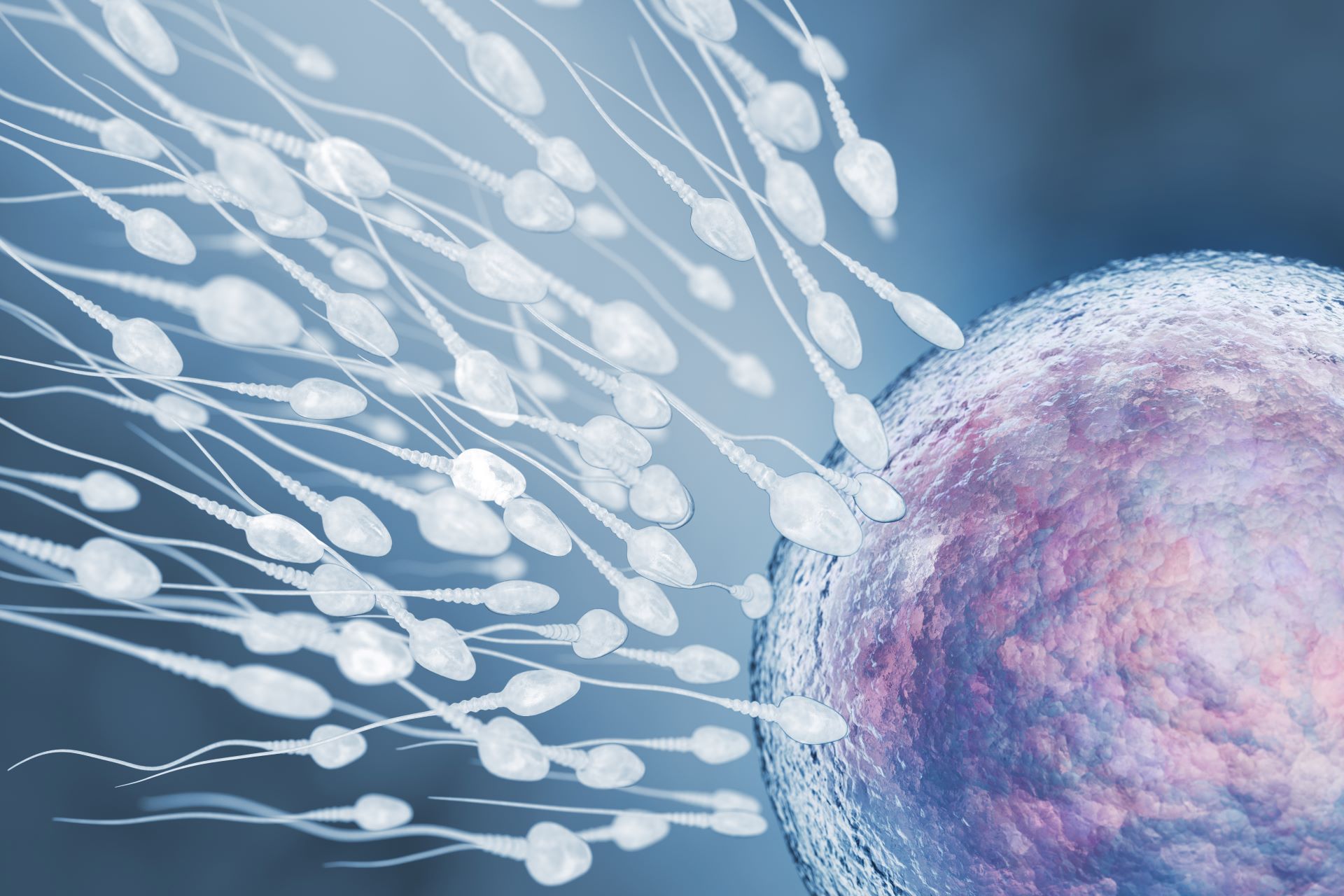

Understanding male fertility is crucial for couples trying to conceive. Male infertility can be a sensitive topic, but knowing the facts can help. This article will explore what male fertility is, the reasons behind infertility, and the various treatments available to help couples achieve their dream of parenthood.
Infertility is a significant issue affecting many couples. Understanding male infertility is crucial because it plays a role in about half of all infertility cases. Awareness can lead to better support and treatment options for those affected.
Male fertility involves several factors, including:
Many people believe that infertility is solely a female issue. However, male infertility is just as common. Some common causes of male infertility include poor sperm quality, low sperm count, and issues with sperm motility. Understanding these facts can help reduce stigma and encourage couples to seek help together.
Infertility can be a challenging journey, but awareness and understanding can empower couples to explore their options and find support.

Problems with sperm production are the leading cause of male infertility. Sperm may be immature, misshapen, or unable to swim. In some cases, men may have a low sperm count or none at all. Here are some common issues:
Hormonal issues can significantly impact fertility. Conditions affecting the hypothalamus or pituitary gland can lead to low testosterone levels, which may result in:
Physical blockages in the reproductive system can prevent sperm from reaching the egg. Common structural issues include:
Certain lifestyle choices can also contribute to infertility. Here are some factors to consider:
Understanding these causes is crucial for addressing male infertility effectively. By identifying the underlying issues, men can take steps to improve their reproductive health.
Male infertility can often go unnoticed until a couple has difficulty conceiving. The main sign of male infertility is the inability to conceive a child. Other symptoms may include:
To diagnose male infertility, healthcare providers may perform several tests, including:
| Test Type | Purpose |
|---|---|
| Semen Analysis | Assess sperm count and quality |
| Blood Tests | Check hormone levels and rule out conditions |
| Imaging Tests | Visualize reproductive organs |
If you and your partner have been trying to conceive for over a year without success, it may be time to consult a healthcare provider. Early diagnosis can lead to better treatment options.
Understanding the symptoms and seeking timely medical advice can significantly improve the chances of addressing male infertility effectively.
Making some simple lifestyle changes can significantly enhance male fertility. Here are some effective steps:
Hormonal imbalances can affect sperm quality. Medications may help regulate hormone levels. Some common medications include:
In some cases, surgery may be necessary to address physical issues affecting fertility. Surgical options include:
If other treatments are not effective, assisted reproductive technologies (ART) may be an option. These include:
Many treatment options exist to help overcome male infertility. Consulting a healthcare provider is essential to determine the best approach based on individual circumstances.

Making healthy lifestyle choices can significantly reduce the risk of male infertility. Here are some key points to consider:
Certain environmental factors can harm fertility. To protect yourself:
Regular check-ups can help catch potential issues early. Consider these steps:
Taking proactive steps can help maintain your fertility and overall health. Lifestyle changes are essential for reducing risks associated with infertility.
| Measure | Description |
|---|---|
| Healthy Diet | Focus on fruits, vegetables, and whole grains. |
| Regular Exercise | Aim for 30 minutes of activity most days. |
| Avoid Toxins | Limit exposure to harmful chemicals. |
| Manage Stress | Practice relaxation techniques to reduce stress. |
| Regular Check-ups | Monitor health and discuss medications. |
Dealing with infertility can be very tough for men. Many experience feelings of loss and inadequacy. It’s important to recognize these feelings and seek help if needed. Here are some common emotions that may arise:
Talking to someone can make a big difference. Here are some options:
Infertility can also affect relationships. Couples may face:
It’s crucial to talk openly with your partner about your feelings. This can help strengthen your bond during tough times.
Understanding the emotional impact of male infertility is vital. Anxiety is prevalent among infertile men, and seeking help can lead to better coping strategies and improved mental health.
Understanding male fertility is crucial for couples trying to conceive. Infertility can be a challenging journey, but it’s important to know that many options are available to help. Lifestyle changes, medications, and surgeries can all play a role in improving fertility. Assisted reproductive technologies, like IVF, also offer hope for those facing difficulties. If you suspect infertility, seeking help from a healthcare provider can lead to effective treatments. Remember, you’re not alone in this, and support is available to guide you through the process.
If a man is infertile, it means he has tried to have a baby for over a year without success, despite having unprotected sex.
Male infertility affects about 10% to 15% of men in the U.S. who are trying to have a baby. Overall, it plays a role in about half of all infertility cases.
No, getting pregnant isn’t easy. Even healthy couples have only a 20-25% chance of conceiving each month.
The main sign of male infertility is trouble having a baby. Other signs can include problems with sexual function, pain in the testicle area, or hormonal changes.
Yes, there are several treatments for male infertility. These can include lifestyle changes, medications, surgery, or assisted reproductive technologies.
You can reduce your risk by maintaining a healthy weight, avoiding smoking and drugs, limiting alcohol, and staying away from harmful chemicals.

Monday - Thursday 7 AM - 5 PM PST
admin@selfstalker.com support@selfstalker.com